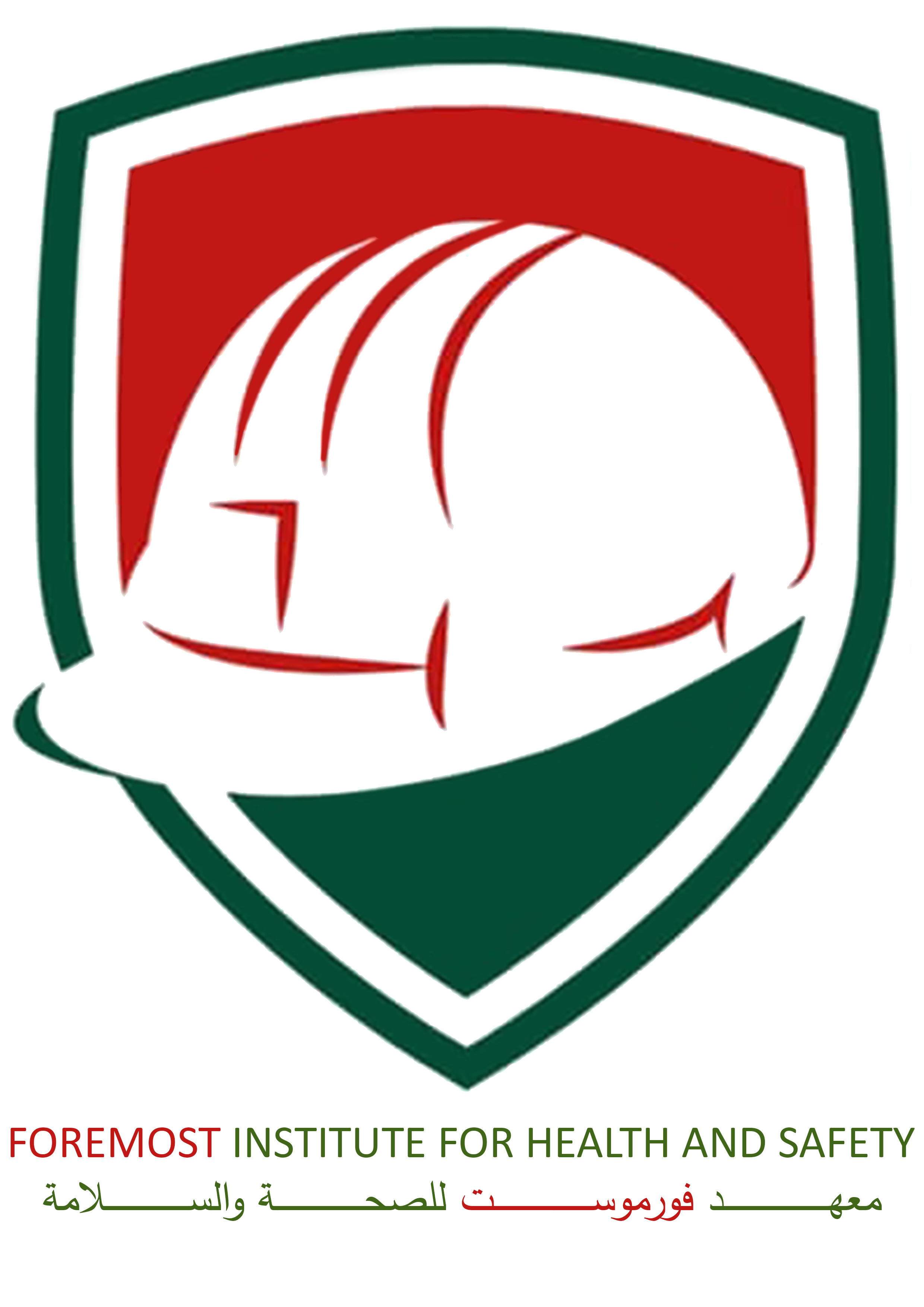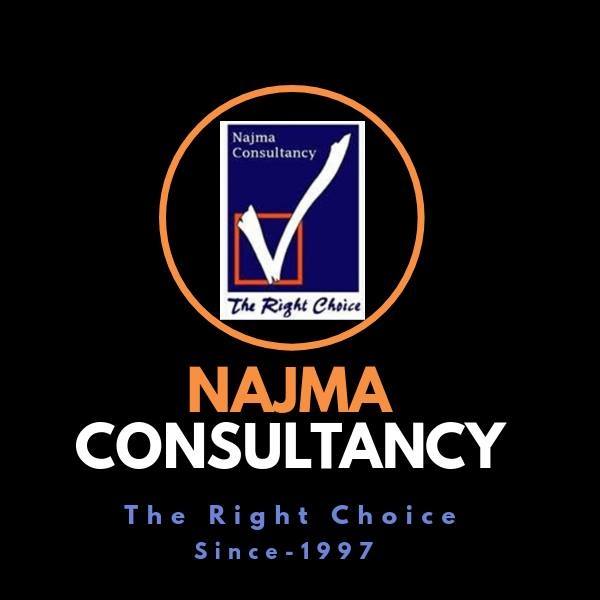Mastering Risk-Based Inspection with API and ASME PCC-3 Standards

This 5-day interactive API 580/581/ASME PCC-3: Risk-based Inspection Program, Technology and Planning Methods training course will give the delegates a deep understanding of the methodology used on API 580/API 581 for determining assets (equipment & piping) Risk category and hence spent inspection budget and resources on the right place which will be reflected on the safe operation and asset's reliability.
During this programme, the overall stages of developing an inspection plan based on the risk and not traditionally time-based will be discussed in detail. These stages will start with collecting and verifying the required data for the study, such as (mechanical data, PID drawing, PFD, process data, temperature, pressure, corrosive constituents,…..etc). The 2nd stage will be the assessment of the probability of failure and discussing different damage mechanisms, corrosion rates and damage modes that affect the probability of failure POF, and the 3rd stage will be assessing the Consequence of Failure (COF) and all factors impacting on it in addition to mitigation factors that could decrease COF beside inspection program. The 4th stage will assess the overall risk and risk category and develop an inspection plan. The 5th and last stage will discuss the overall study's documentation process and Reassessment steps.
Day One: Overview Of Risk Management
Application & Exam
Introduction
Scope, Terms, &Definitions
Basic Risk Assessment Concepts
What is Risk?
Risk Management and Risk Reduction
Overview of Risk Analysis
Inspection Optimisation
Relative Risk vs Absolute Risk
Day Two: Required Data And Assessing Damage Mechanisms
Introduction to Risk-based Inspection (RBI)
Key Element on RBI Program
Consequence and Probability for RBI
Types of RBI Assessment
Management of Risks
Planning The RBI Assessment
Establishing Objectives and Goals of an RBI Assessment
Initial Screening
Establishing Operating Boundaries
Selecting a Type of RBI Assessment
Estimating Resources and Time Required
Data and Information Collection for RBI Assessment
RBI Data Needs
Data Quality
Codes and Standards: National and International
Sources of Site-specific Data and Information
Damage Mechanisms and Failure Modes
Accumulated Damage
Day Three: Risk Assessment
Assessing the Probability of Failure
Introduction to Probability Analysis
Units of Measure in the POF Analysis
Types of Probability Analysis
Determination of POF
Assessing the Consequence of Failure
Introduction to Consequence Analysis
Types of Consequence Analysis
Units of Measure in Consequence Analysis
Determination of COF
Risk Determination, Assessment, and Management
Determination of Risk
Risk Management Decisions and Acceptable Levels of Risk
Assumptions
Risk Presentation
Risk Management
Day Four: Risk Management And Reassessment
Risk Management with Inspection Activities
Managing Risk by Reducing Uncertainty Through Inspection
Identifying Risk Management Opportunities from RBI Results
Establishing an Inspection Strategy Based on Risk Assessment
Managing Risk with Inspection Activities
Managing Inspection Costs with RBI
Reassessment and Updating RBI Assessments
RBI Reassessments
Roles, Responsibilities, Training, and Qualifications
RBI Documentation and Recordkeeping
Day Five: Case Study And Examination
Summary of Risk-Based Inspection Pitfalls
General
Planning
Data and Information Collection
Damage Mechanisms and Failure Modes
Assessing POF
Assessing COF
Risk Determination, Assessment, and Management
Risk Management with Inspection Activities
The Risk Management Activities
Reassessment and Updating RBI Assessment
Roles, Responsibilities, Training, and Qualifications for RBI Team Members
RBI Documentation and Recordkeeping
Case Study API 581
Examination Questions
XCalibre Training Centre offers unique development and skill-based training courses internationally that aim to nurture practical result-driven abilities in individuals to keep up with the constantly changing business requirements.
We equip people with information and opportunities to propel them forward in their careers by offering training in versatile sectors, including human resources, energy and innovation, data management & IT, maritime management, and more.
Our organisation hires globally-acclaimed subject matter experts that has extraordinary references. Having this together with their academic knowledge and real-life experiences can bring out courses and seminars with best practices that ensure substantial output and benefits to the attendees.
XCalibre Training Centre assists our delegates from varied backgrounds, qualifications, designations, and industries willing to improve their career path for self-sustenance and self-realization. The end goal is to create a mutually beneficial relationship between organizations and their employees to reach their desired levels of success.
(Institute Review)
55 years ago(Institute Review)
55 years ago
This Virtual Reality (VR) training is based on real scenarios to teach operators about using aerial work platforms like boom and scissor lifts. This training will help operators to be familiarized and gain experience and knowledge more quick

Any person who want to do lifting, planning.

This training will give you the skills and knowledge to identify the associated hazards of working in confined spaces and learn about the safe use of equipment and tools. You will also learn about developing an emergency procedure and contro

For every work involved outer portion of a high rise building, window cleaning and exterior work, the choice of access equipment will be determined by the height to be negotiated, site conditions, duration and extent of work and frequency of

These are comprehensive sessions on covering the main topics of the Level 2 International Award in Risk Assessment. It will introduce you to the principles of Risk Assessment.
© 2025 www.coursetakers.ae All Rights Reserved. Terms and Conditions of use | Privacy Policy